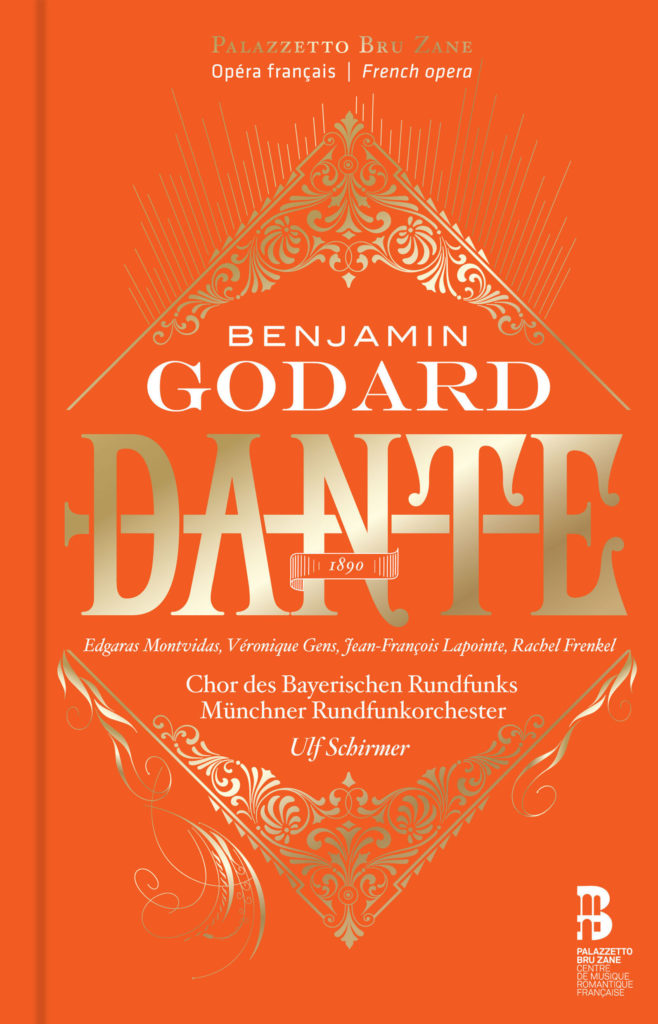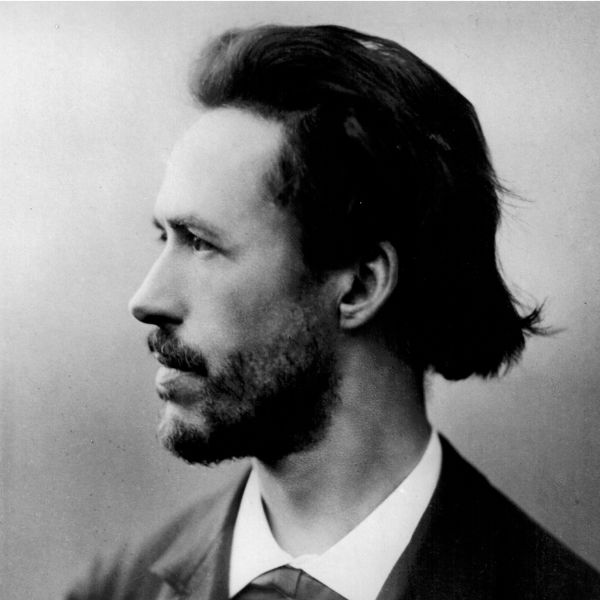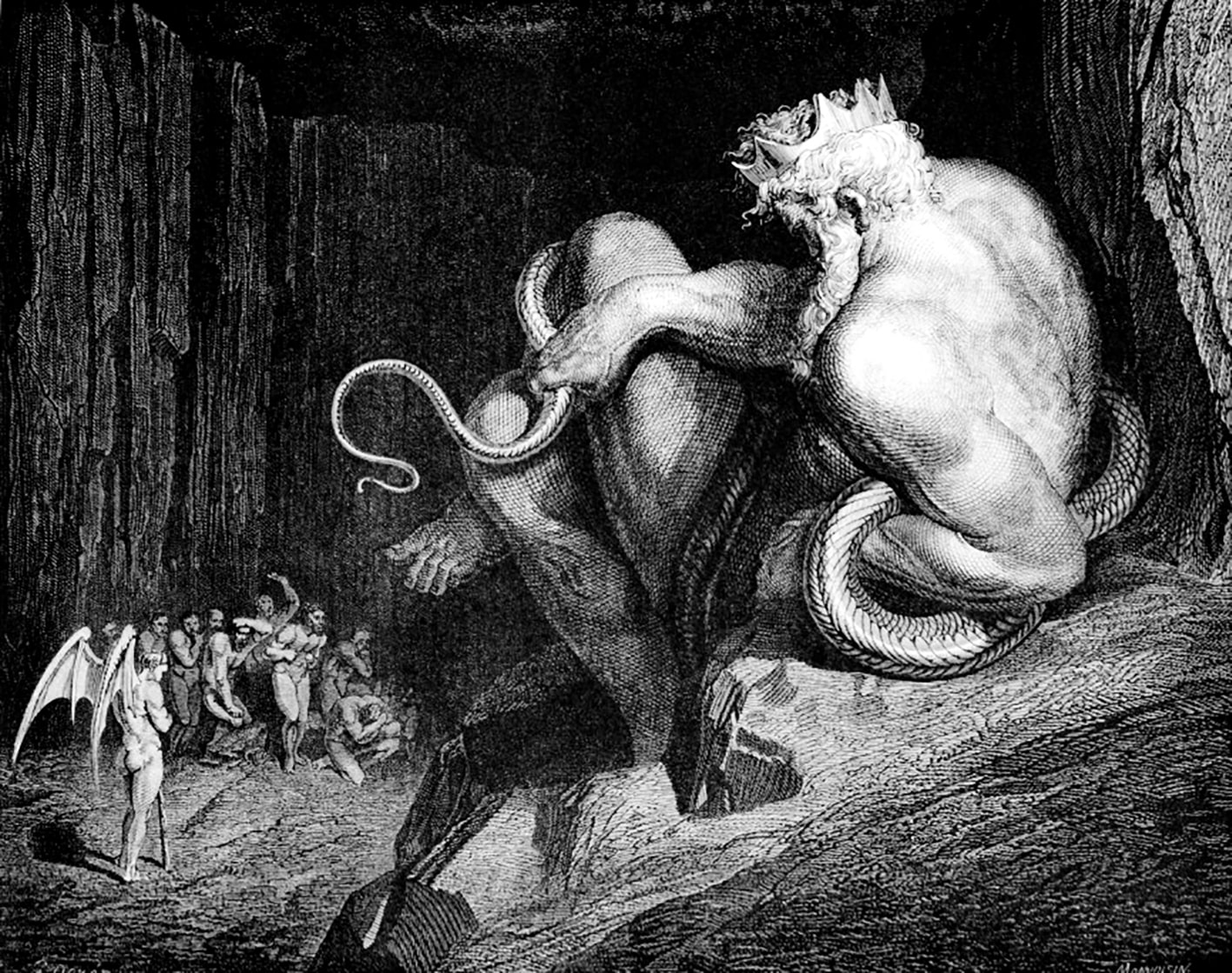Dante

Dante Alighieri, born in Florence in 1265, was at once a poet and an important political figure of his time. His celebrated Divine Comedy relates his supposed descent to Hell and slow ascent to Paradise. Godard’s operatic treatment of his life (1890) skilfully juxtaposes the political milieu – crowd scenes in Florence and the quarrel between Guelfs and Ghibellines – with the expression of the courtly love he feels for Beatrice, betrothed to his friend Bardi. The most remarkable element of the opera is the integration of a ‘Vision’ that is nothing less than a synthesis of the Divine Comedy set to music. Its third act is built around a fantasy ‘Hell’ and ‘Paradise’, featuring an Apparition of Virgil, Chorus of the Damned, Infernal Whirlwind, Divine Radiance and Apotheosis of Beatrice. Godard is here at the peak of his melodic inspiration and compositional mastery, in a style that brings Gounod up to date and need not fear comparison with Massenet.
Contents of the book
Gérard Condé, Godard’s Dante
Pierre Véron, A spectator’s viewpoint
Hélène Cao, Dante and nineteenth-century music
Pierre Sérié, Dante in the fine arts of the nineteenth century
Synopsis
Libretto


 Torna indietro
Torna indietro  webradio
webradio replay
replay

